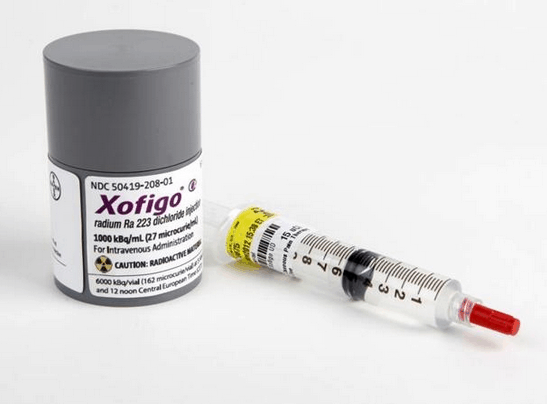If you have been diagnosed with an enlarged prostate (benign prostatic hyperplasia, BPH) and you and your doctor are discussing treatment options, consider this: The most popular drugs prescribed for treatment of an enlarged prostate–a drug class called 5-alpha reductase inhibitors–have a safety warning noting they may increase the risk of high-grade prostate cancer.
The grade of cancer refers to how the cancer looks under a microscope and how fast it is growing. Clinicians use a 1-to-10 scale called a Gleason score to assign a grade to prostate cancer. High-grade prostate cancer is typically defined as one with a score of 7 or higher.
The safety warning was issued by the Food and Drug Administration (FDA) in June 2011, but many patients are unaware of the revised labels on 5-alpha reductase inhibitors. The drugs in this class include dutasteride (Avodart) and finasteride (Proscar, Propecia), as well as Jalyn, which is a combination of dutasteride and tamsulosin.
The 5-alpha reductase inhibitors work by preventing the conversion of testosterone to dihydrotestosterone (DHT), a hormone that promotes prostate growth. Tamsulosin is in the drug class alpha-adrenergic blockers, and it works by relaxing the muscles of the bladder neck and prostate.
Risk of prostate cancer from prostate cancer drugs
The revised “Warnings and Precautions” section of the labels for 5-alpha reductase inhibitors notes there is an increased risk of being diagnosed with high-grade prostate cancer associated with use of these drugs. Although the risk of prostate cancer appears to be low, doctors should consider this information when choosing treatments for their patients who have an enlarged prostate. 5-alpha reductase inhibitors also can be prescribed for male pattern baldness.
The FDA issued the warning based on the results of two large trials: one seven-year study that evaluated the daily use of finasteride (5 mg given to 9,423 men) versus placebo (9,459 men), and the other a four-year study that analyzed the daily use of dutasteride (0.5 mg, 4,105 men) versus placebo (4,126 men). In both studies, researchers wanted to determine if the drugs reduced the risk of prostate cancer in men who were at least 50 years old.
Results of the finasteride trial showed a 26 percent lower risk of being diagnosed with prostate cancer when compared with placebo. However, researchers also noted an increased incidence of high-grade prostate cancer versus placebo (1.8% vs. 1.1%, respectively).
In the dutasteride trial, men who took dutasteride had a 23 percent lower risk of developing prostate cancer when compared with men who took placebo. The risk of high-grade prostate cancer, however, was higher in the dutasteride versus the placebo group (1% vs 0.5%, respectively).
Men who have been diagnosed with an enlarged prostate should discuss all treatment options with their healthcare provider and weigh the risks and benefits of each. Along with medical treatments, natural treatments including lifestyle changes such as diet, stress management, exercise, and natural supplements for enlarged prostate should maybe considered as well.
Read more in our Prostate Cancer Health Center.
References
Andriole GL et al. Effect of dutasteride on the risk of prostate cancer. New England Journal of Medicine 2010 Apr 1; 362(13): 1192-202
National Cancer Institute. Prostate Cancer Prevention Trial (PCPT): questions and answers







